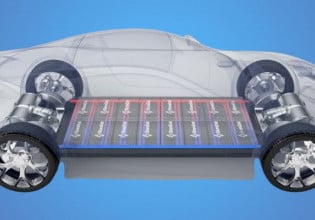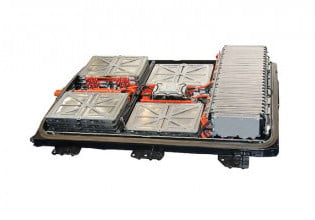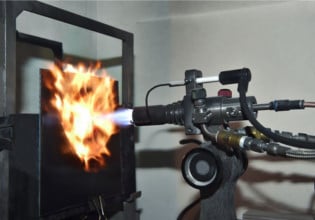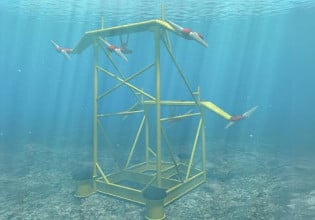Toyota to Continue Providing Residential Fuel Cell Cogeneration System for Government Project
Toyota Motor Corp. (TMC) announced that it plans to continue providing its city-gas-powered 1kW residential fuel cell cogeneration system to Toho Gas Co., Ltd. (Toho), which is participating in the 2007 Large-Scale Stationary Fuel Cell Demonstration Project of Japan’s Ministry of Economy, Trade and Industry (METI) by installing and monitoring the system in ordinary homes.
TMC’s residential fuel cell cogeneration system combines a stationary fuel cell – jointly developed with Aisin Seiki Co., Ltd. (Aisin) – and a hot water storage tank. TMC will manufacture 28 units of the system for Toho, which plans to install them in homes in three prefectures (Aichi, Gifu and Mie) of Japan’s Tokai District to collect data for a two-year period ending in March 2010.
Every year during the three-year period from 2005 through 2007, the New Energy Foundation (NEF), the organization carrying out METI’s Large-Scale Stationary Fuel Cell Demonstration Project, has been encouraging energy suppliers to participate in its verification project. TMC, as a fuel cell system manufacturer, provided 24 residential fuel cell cogeneration systems to energy supplier Toho, in 2006.
TMC and Aisin jointly developed a residential fuel cell cogeneration system by fully utilizing each of their accumulated technologies and expertise: TMC developed the fuel cell and Aisin developed the overall system. In the period between February and September 2005, two residential fuel cell cogeneration systems were installed at the residential complex for official participants of the 2005 World Exposition, Aichi, Japan (EXPO 2005 Aichi, Japan). A verification test, with the goal of commercialization in multi-unit housing complexes, was conducted.
In July 2006, based on Aichi Prefecture’s New Energy Industry Development Program, a residential fuel cell cogeneration system was installed at the Aichi Prefectural Government Office, to begin verification tests to evaluate the system’s energy-saving performance and reliability.






